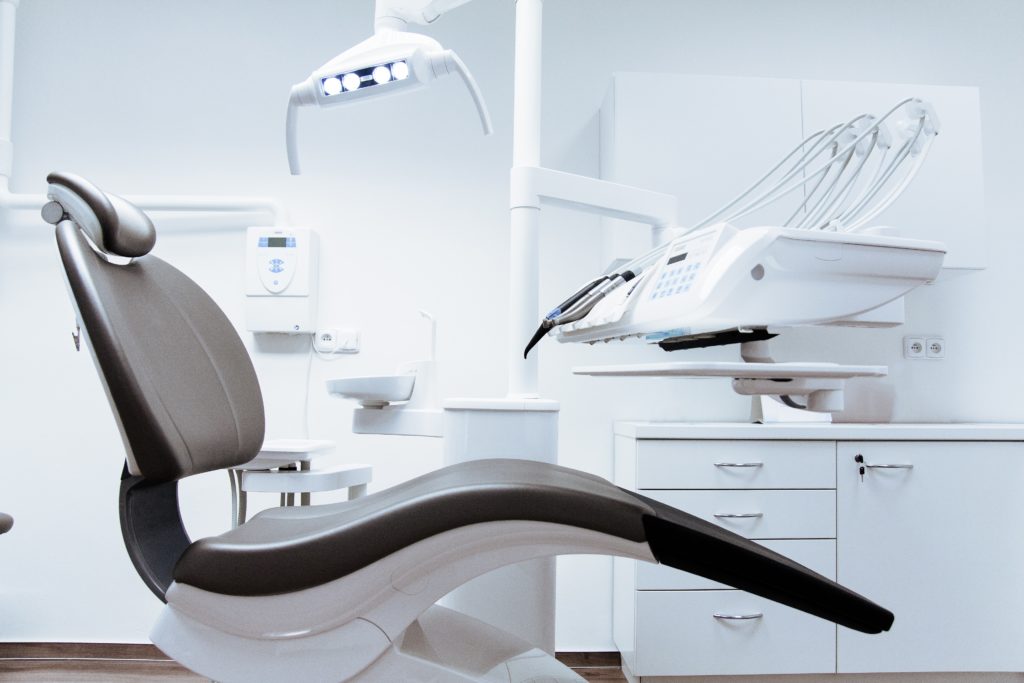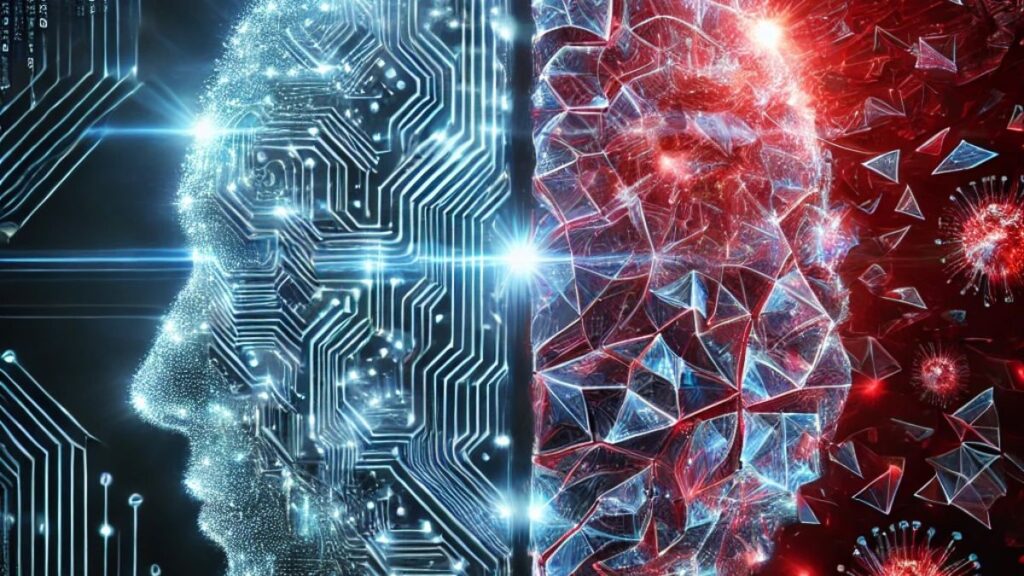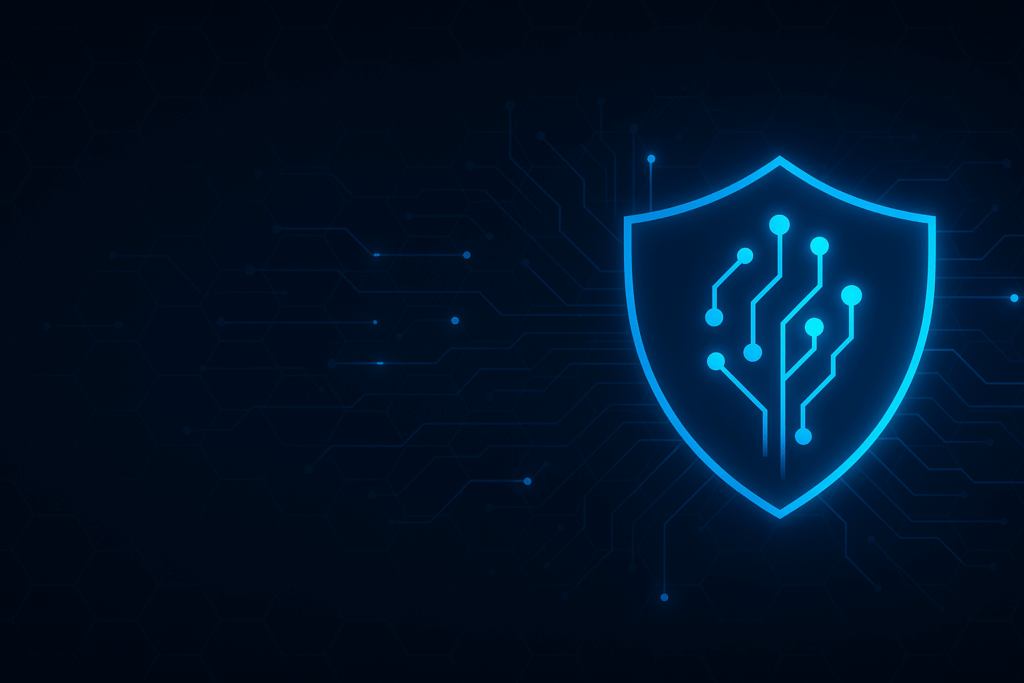Cost is the number one reason millions of Americans don’t have dental insurance. Due to the fact that unchecked oral health can lead to other issues such as diabetes and heart disease, it was only a matter of time before smart technology infiltrated the industry in order to not only optimize processes but make them more affordable and accessible to the greater population. While there’s certainly no risk of replacing dentists with robots any time soon, there are some major changes occurring all throughout the industry that will have lasting effects for a long time to come.
Capabilities Increased for More Innovative Procedures
As algorithms advance to allow doctors to process the huge amounts of patient data they have collected over the years, more innovative procedures can be conducted. By processing patient data and data received from comprehensive studies all around the world, smart-learning machines can essentially churn out more analysis of the risks and potential outcomes of certain procedures. This can also help dentists show their patients more accurate renderings of what they’d look like if they received a complete smile overhaul in the form of a total arch implant and recovery. With more than 35 million people in America missing all of their upper and/or lower teeth, this makes for a pretty big revolution in dentistry, and it doesn’t even stop there.
AI Improving Detection of Tooth Decay
By using bitewing radiographs, artificial intelligence can help detect caries, often known as tooth decay. Industry professionals note that not only is the viewing capability increased, but that the speed with which a dentist can review the radiographs is increased when assisted with AI. For example, a dentist is generally only able to interpret about 10 to 15 sets of bitewing radiographs daily. However, in these sets, they’re scanning for decay on over 300 proximal surfaces inside of the mouth, which leads to a lot of missed details. Dentist-developed artificial intelligence can combat this issue by highlighting potential areas of risk after using data sets to scan and understand the radiographs. Not only does this make a dentist’s job easier, but it improves the efficiency and accuracy within which they can perform their job, and that increases dental health for every single one of their patients.
Maintenance Made Easy
There’s no doubt that smart technology helps make everyday life easier. From voice assistants such as Google Home to the ability to remotely control your home’s heating and cooling, smart tech does more than make us feel like we’re living in the future. The Internet of Things (IoT) is moving into the dental industry and revolutionizing the way people maintain and care for their oral health. Analysts suspect that special mouth guards or even smart sensors mounted on an implant will soon be able to track decay, alert you of changes or even use your behavior to help you improve your eating habits. For example, smart toothbrushes currently exist on the market that are capable of gathering data by using cameras, pH sensors,
Access to Better Care
Technology in the dental industry continues to be used in innovative ways by dentists and companies looking to not only improve their processes but also as a way to reduce the costs of dental care. Smart technology powered by artificial intelligence and the IoT will help individuals feel empowered to take their oral health into their own hands and do so in a way that is safe and efficient.
- How Modern Technology Is Keeping Classic Cars On The Roads - September 28, 2023
- Innovation Through Music – How Production Tech Is Expanding Genres - August 11, 2023
- Mu6label: The AI-Powered Device That Helps You Learn Guitar - July 8, 2023




Comments are closed.